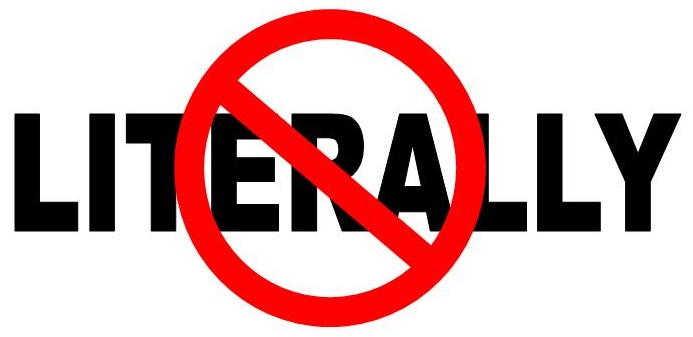
Wasn’t it fun to read Steve’s observations about ICRS? There is so much going on this time of year in our industry, and so many opportunities to spend time with other writers, with editors, and with agents. I love networking with these wonderful folks. But even more than that, I love seeing writers have meaningful and positive interactions with editors and agents.
With that in mind, here’s the second set of BPs for Happy Editor and Agents:
#2: Be Passionate!
- About your message: Let your passion for your message show—and let it make you the go-to person for your audience. When folks out there think of your topic, your face should come to mind. Learn what you need to learn, and use social media to share that knowledge with others. Become known for expertise in whatever area you’re writing about. Build your tribe, but do it by meeting people’s needs.
- About your craft: Be open to learning and growing as an author. Remember, writing the manuscript is only the beginning of being a published author. Your editors are there to serve you, and they do that by helping you craft the absolute best writing you can craft. Your agents are there to speak truth and push you where you need to be pushed. They’re your team! Share ideas and techniques, keeping in mind that some will work for you and others won’t. Some just don’t fit your voice. Don’t try to make yourself sound like someone else, even a best-selling author. Learn how to share your voice as a writer in as powerful a way as possible. Your agents and editors—and your readers—will love you for it!
- About your platform: Fiction or nonfiction, speaking and media connections play an increasing role in the publishing decision and in the ultimate success of your book. Get trained. Do what you have to do, invest time and energy and money, to develop the skills you need to reach people with your message. Remember, you’re not just investing in your career. You’re investing in people, and in sharing the message God has given you.
- About your career: Too often authors lose the joy of writing because of deadlines and pressures. Or they make decisions about what to write based on what someone tells them will sell instead of what they’re burning to write. Yes, we want your books to sell, but we need you energized and excited about what you’re writing. Your readers need you to be that as well. Don’t let the business side of what you’re doing take over to the extent that it’s no longer a joy. If you feel that happening, tell us! Let us talk it over and brainstorm with you to find ways to restore that sense of joy. Because that’s what brings us joy!
Next week, more BPs! Until then, Be at Peace! (and that’s my favorite BP of all!)











